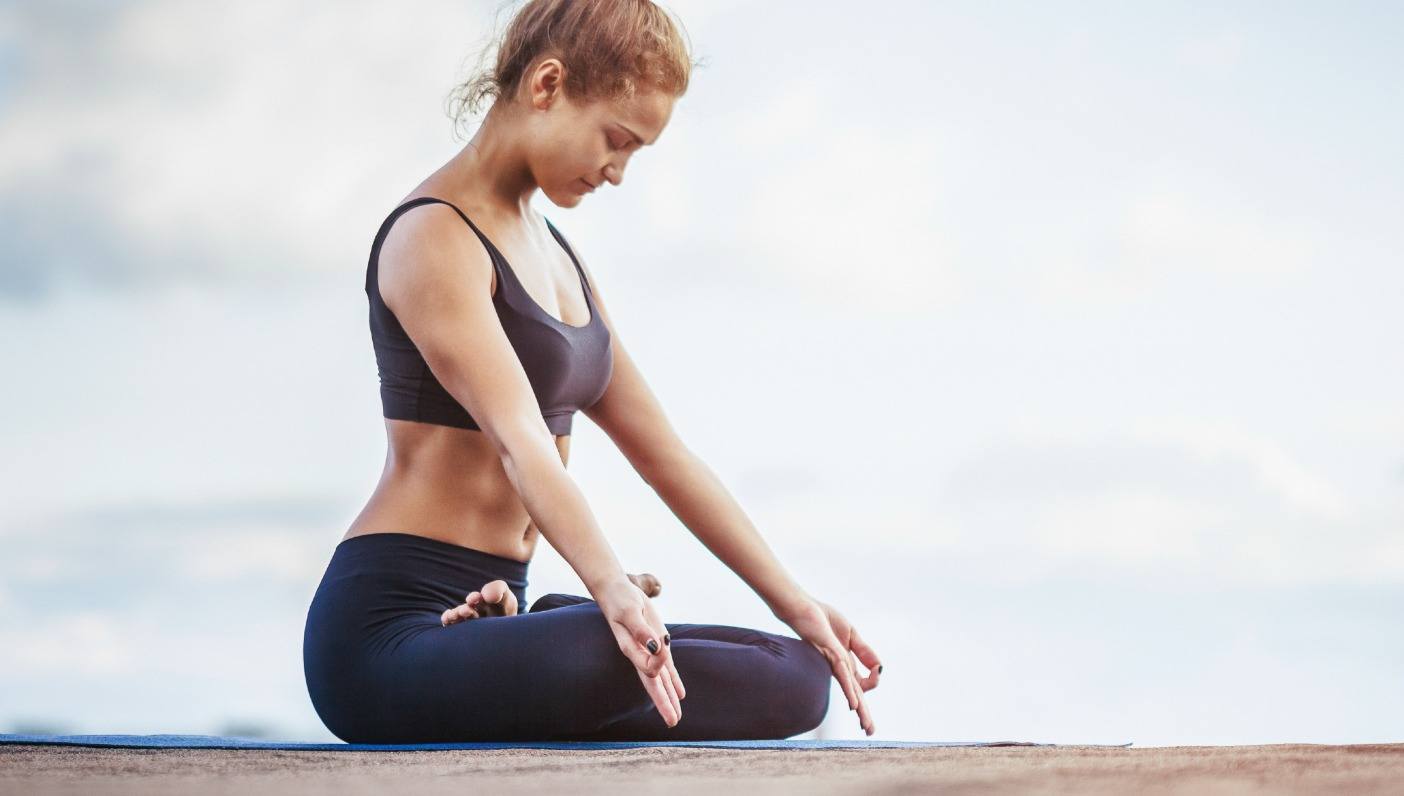
Despite an abundance of scientific research in recent years that proves the innumerable effects of a regular meditation practice, some scientists argue that many studies have failed to include larger populations representative of the societal norm. Instead, many experimentations focused on smaller groups that were not randomized like Buddhist monks or veterans, and they neglected to use a placebo control group—the ultimate litmus test for scientific study. No one had yet to hypothesize that by faking ‘mindfulness’ using essentially, a meditation placebo, might yield different neurological results—until now.
Earlier this year, a new study published in Biological Psychiatry showed for the first time, a direct correlation between traditional meditation practices and a rewiring of the brain. The study involved 35 unemployed men and women who were selected randomly and experiencing significant levels of stress. They were divided into two groups: one that used mindfulness meditation techniques and the other, a sort of made-up, bogus mindfulness that included relaxation practices.
Brain scans were conducted on all participants and blood was drawn so that the underlying neurological mechanisms could be studied closely. The experiment was led by J. David Creswell, an associate professor of psychology and the director of the Health and Human Performance Laboratory at Carnegie Mellon University. Dr. Creswell told The New York Times that true mindfulness meditation requires, “an open and receptive, nonjudgmental awareness of your present-moment experience.’’
The Times has more:
‘‘We had everyone do stretching exercises, for instance,’’ Dr. Creswell says. The mindfulness group paid close attention to bodily sensations, including unpleasant ones. The relaxation group was encouraged to chatter and ignore their bodies, while their leader cracked jokes.
At the end of three days, the participants all told the researchers that they felt refreshed and better able to withstand the stress of unemployment. Yet follow-up brain scans showed differences in only those who underwent mindfulness meditation. There was more activity, or communication, among the portions of their brains that process stress-related reactions and other areas related to focus and calm. Four months later, those who had practiced mindfulness showed much lower levels in their blood of a marker of unhealthy inflammation than the relaxation group, even though few were still meditating. Dr. Creswell and his colleagues believe that the changes in the brain contributed to the subsequent reduction in inflammation, although precisely how remains unknown. Also unclear is whether you need to spend three uninterrupted days of contemplation to reap the benefits.
So yes, this study tells us more of the same: that meditation is really, really good for you. But it’s an interesting discovery that while general relaxation techniques might help to get us out of our heads and alleviate internal stresses, it is the actual practice of meditation that works to enhance our cognitive function by switching us off from reactionary autopilot mode.
Hopefully more of these randomized studies will be conducted on larger, more relatable populations, continuing to prove meditation’s ability to change our brain for the better and improve overall health, and disprove any false notion that you have to renounce modern life in order to obtain inner peace and longer telomeres. Isn’t it always great when science catches up to reaffirm what many of us have already known for so long?
—
 Andrea Rice is the Practice and Community Editor for Wanderlust Media. She is also a writer and yoga teacher. Her work has also appeared in The New York Times, Yoga Journal, SONIMA, mindbodygreen, and a variety of online magazines. Her teaching style is a blend of her love for music and intuitive movement, with emphasis on core strength. You can find her regular classes at shambhala yoga & dance center in Brooklyn, and often as a guest teacher for Deep House Yoga. Connect with Andrea on Instagram and Twitter.
Andrea Rice is the Practice and Community Editor for Wanderlust Media. She is also a writer and yoga teacher. Her work has also appeared in The New York Times, Yoga Journal, SONIMA, mindbodygreen, and a variety of online magazines. Her teaching style is a blend of her love for music and intuitive movement, with emphasis on core strength. You can find her regular classes at shambhala yoga & dance center in Brooklyn, and often as a guest teacher for Deep House Yoga. Connect with Andrea on Instagram and Twitter.